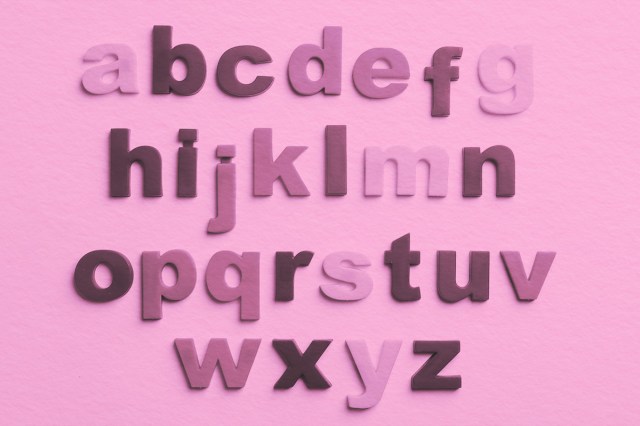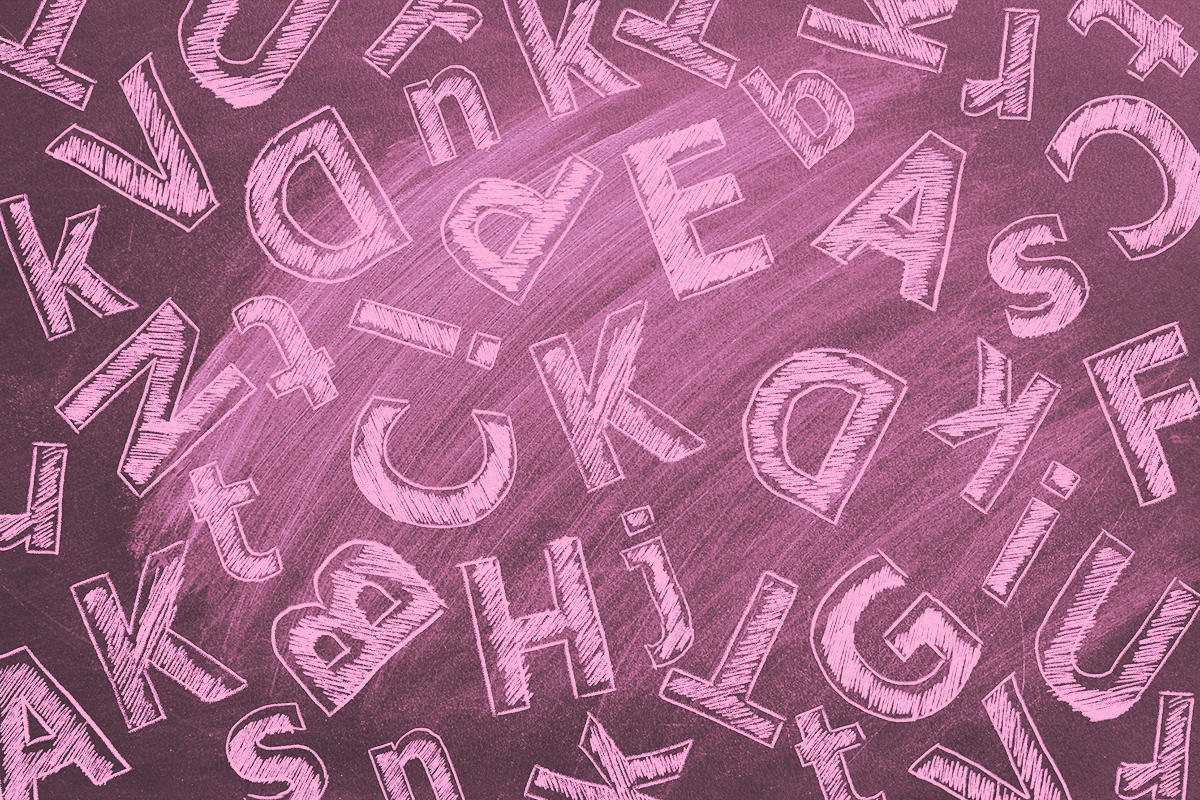
Memorizing strategic two-letter words is a great Scrabble approach, and it’s important to have a solid five-letter Wordle opening, but lengthier words are a fun category of linguistic trivia. Debates over the longest English word abound, from the 34-letter childhood favorite “supercalifragilisticexpialidocious,” to the ultra-technical 189,819-character name for a protein, “Methionylalanyl … leucine.” But what about the longest English word with its letters arranged in alphabetical order? According to Guinness World Records, that distinction goes to “aegilops.” This eight-letter term refers to a genus of grasses, derived from the Greek aigilōps, also called “havergrass.”
The longest English word with letters in reverse alphabetical order is surprisingly familiar: “spoonfeed,” a nine-letter verb we still use today. But there are other linguistic feats worth noting, too, such as the 27-letter word “honorificabilitudinitatibus,” a lofty Latin word meaning “honorableness.” It holds the record for the longest English word made up of strictly alternating consonants and vowels. It also happens to be the longest word ever used by Shakespeare in his works, appearing in the comedy Love’s Labour’s Lost.
Even everyday words can be record breakers. For example, according to Guinness, the longest English word with only one vowel is a word many of us probably use regularly: “strengths.” Meanwhile, the longest English word consisting entirely of vowels is something less familiar, the six-letter “euouae.” No longer used in modern English, “euouae” is a medieval musical term that serves as a mnemonic device to recall the sequence of tones in the hymn “Gloria Patri.” These alphabetical oddities show that even the most minor details can make a word memorable.

















